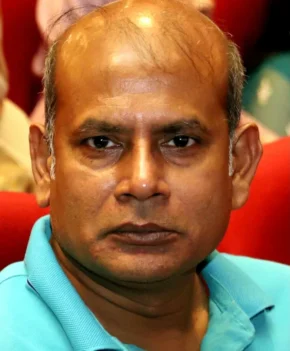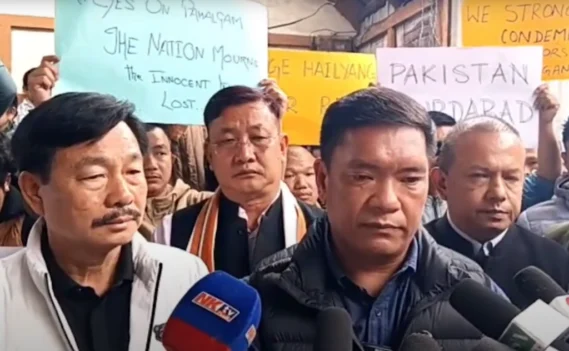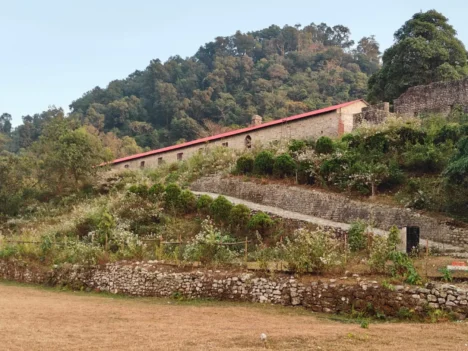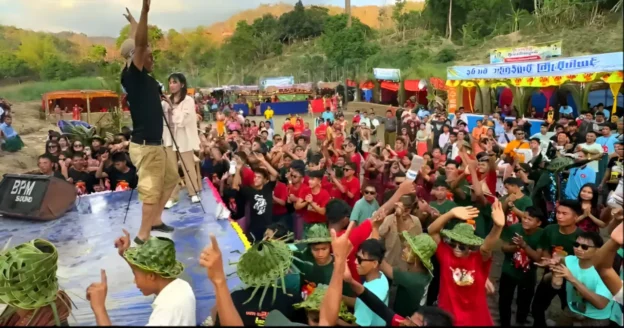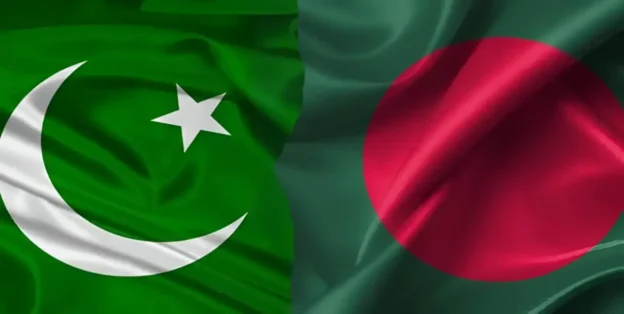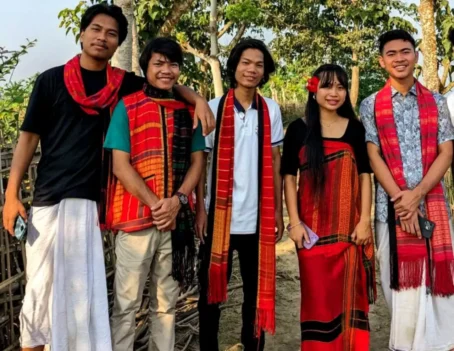Even as the cycle of violence continues to escalate in Myanmar, a high level meeting – a roundtable discussion – is presently underway in New Delhi to discuss the crisis in Myanmar. The roundtable discussion which began on Tuesday is part of the “Track 1.5 Dialogue”, which was initiative Thailand at Bangkok in March this year to gather high-ranking officials and analysts from ASEAN member states who share borders with Myanmar to explore potential solutions to the crisis that has engulfed the Southeast country since the military coup took place in February 2021.
The discussions in New Delhi is taking place at the Indian Council of World Affairs, a think tank affiliated with the Ministry of Foreign Affairs, located in Delhi. According to reports, Thailand, Laos, Bangladesh, China, the representatives of the previous and current ASEAN chairs, Cambodia and Indonesia, along with key donor countries, such as Japan have been invited. Experts from regional and humanitarian organisations are also expected to take part in the three-day discussion.
Significantly, the discussions come at time of heightened escalation of violence in Myanmar. The war between the Myanmar military junta and the revolutionary forces has escalated manifolds over the past six months, and the current trends only indicate of more fighting and more casualties. Neither side that is the military junta nor the People Democratic Force (PDF) which is the armed wing of the National Unity Government in exile and its allies the Ethnic Armed Organisations (EAOs) are willing to step back in the growing conflict.
Over 3,000 people which includes a large number of women and children have lost their lives since the military-led coup in Myanmar in February 2021.
According to well-placed sources, the meeting began with focus on the theme “peace and reconciliation” and humanitarian aid, with an emphasis on implementing the ASEAN consensus on Myanmar, which includes 5-point consensus related to an immediate cessation of violence, dialogue between all parties, the appointment of a special envoy, ASEAN humanitarian aid, and a visit by a special envoy to Myanmar to meet all parties.
The discussions are also expected addressed the growing violence in Myanmar, including the resumption of a nationwide civil war between the Myanmar military and ethnic insurgents. The growing unrest in Myanmar has huge implications not just for countries like India, China, Thailand and Bangladesh which shares borders with the country, but also the entire region and the world.
The dialogue will also address the need to finding ways to provide humanitarian aid to the affected population, including the thousands of refugees pouring into the northeastern states of India, such as Mizoram and Manipur, from primarily the Chin state and Sagaing region. These areas are known as strongholds of resistance against the military, and the fighting has been the most intense in these regions.

